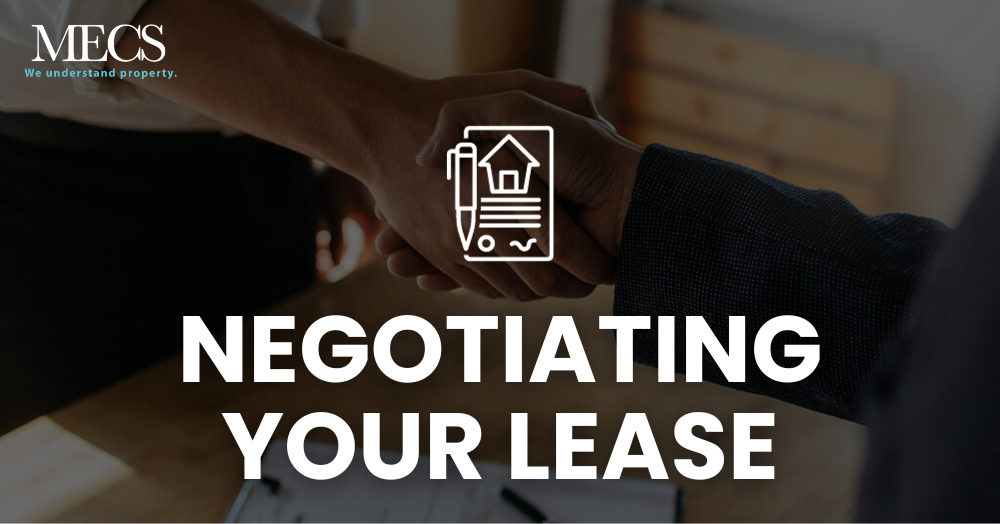Finding the perfect rental property can be an exciting yet daunting experience. Once you've identified your dream apartment or house, the next step is to negotiate lease terms that suit your needs and budget. While rent is a significant aspect of any lease agreement, there are many other elements to consider.
Rent: The Starting Point
Rent is undoubtedly the most prominent factor in any lease negotiation. However, don't rush to accept the initial offer. Research the local rental market to determine if the proposed rent aligns with the average rates for similar properties in the area. Armed with this knowledge, you'll be better prepared to negotiate a fair rent that suits your budget. Landlords may be open to negotiations, especially if you're a responsible and reliable tenant.
Lease Duration: Flexibility Matters
The lease duration is another essential aspect of your rental agreement. Standard leases often last for 12 months, but it's worth discussing shorter or longer terms with your landlord. If you're unsure about your long-term plans, a shorter lease may offer flexibility. On the other hand, a longer lease can provide stability and potentially lock in your rent at a lower rate. Consider your personal circumstances and discuss your preferences with the landlord.
Utilities: Who Foots the Bill?
Utility costs can significantly impact your monthly expenses. Clarify with your landlord which utilities are included in the rent and which ones you'll be responsible for separately. Negotiating to have some or all utilities included can help you budget more effectively. Conversely, if utilities are not included, you might have room to negotiate a lower rent to offset the added expenses.
Parking: Convenience or Cost?
Parking can be a critical consideration, especially if you own a car. In urban areas, parking spaces can be scarce and expensive. Negotiate with your landlord about the availability and cost of parking, whether it's included in the rent or an additional fee. If parking is limited, inquire about alternative options nearby or the possibility of securing a reserved spot.
Maintenance and Repairs: Know Your Responsibilities
Understanding who is responsible for maintenance and repairs is crucial for a smooth living experience. Most leases stipulate that landlords are responsible for major repairs and structural issues, while tenants are expected to cover minor maintenance and day-to-day upkeep. However, these terms can be negotiated to some extent. Clarify any grey areas in the lease to ensure you're both on the same page regarding maintenance responsibilities.
Pet Policy: Furry Friends Welcome?
If you have pets, discuss the pet policy with your landlord. Some properties have strict no-pet policies, while others may require an additional deposit or monthly fee for pets. Negotiating this aspect upfront can save you from potential issues down the road.
Security Deposit: Know the Terms
Your security deposit is your protection against damage to the property. Understand the terms of the security deposit, including the amount, conditions for its return, and the timeline for refunding it after your lease ends. Negotiating these terms can provide you with peace of mind when it comes time to move out.
Conclusion
Negotiating lease terms can significantly impact your renting experience. While rent is a crucial element, don't overlook other factors like lease duration, utilities, parking, maintenance, and pet policies. Open and honest communication with your landlord is key to reaching a mutually beneficial agreement. By considering all aspects of the lease, you can ensure that your new home aligns with your needs and preferences while maintaining a positive landlord-tenant relationship. If you are currently looking to rent a property, get in contact with us today!
0121 681 6327
info@mecsproperty.co.uk

